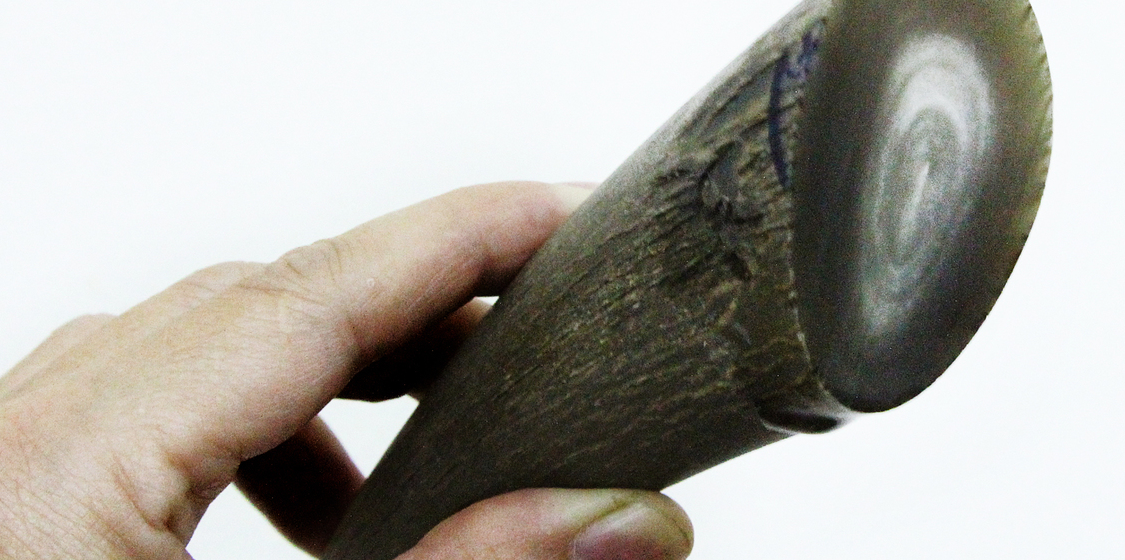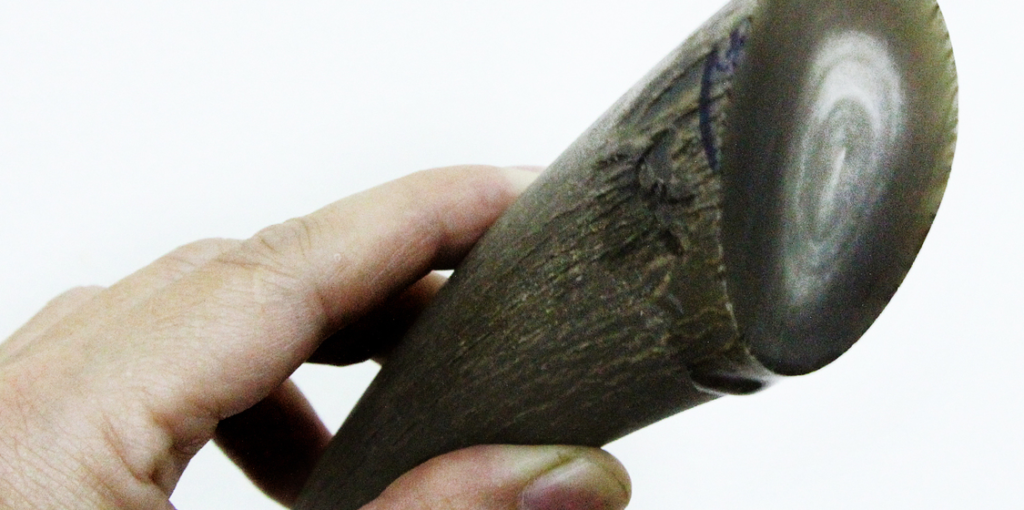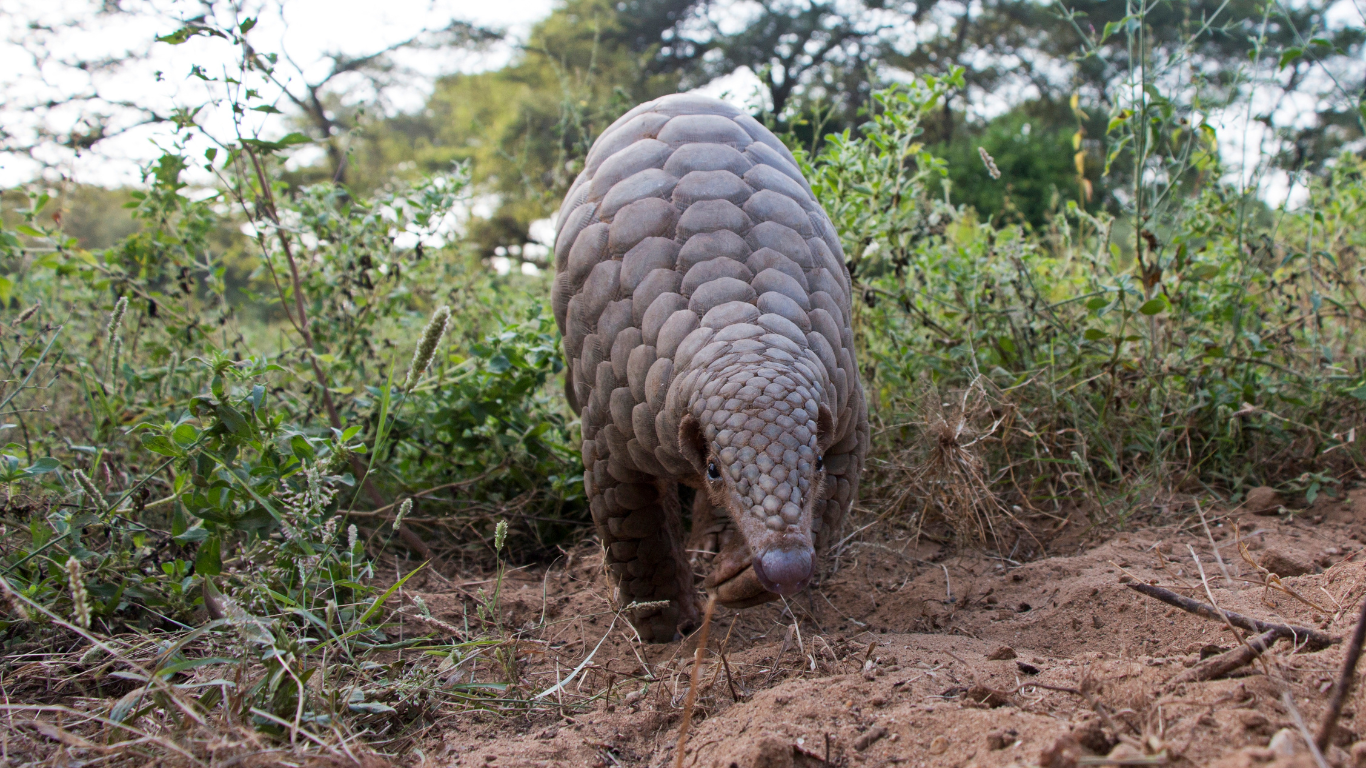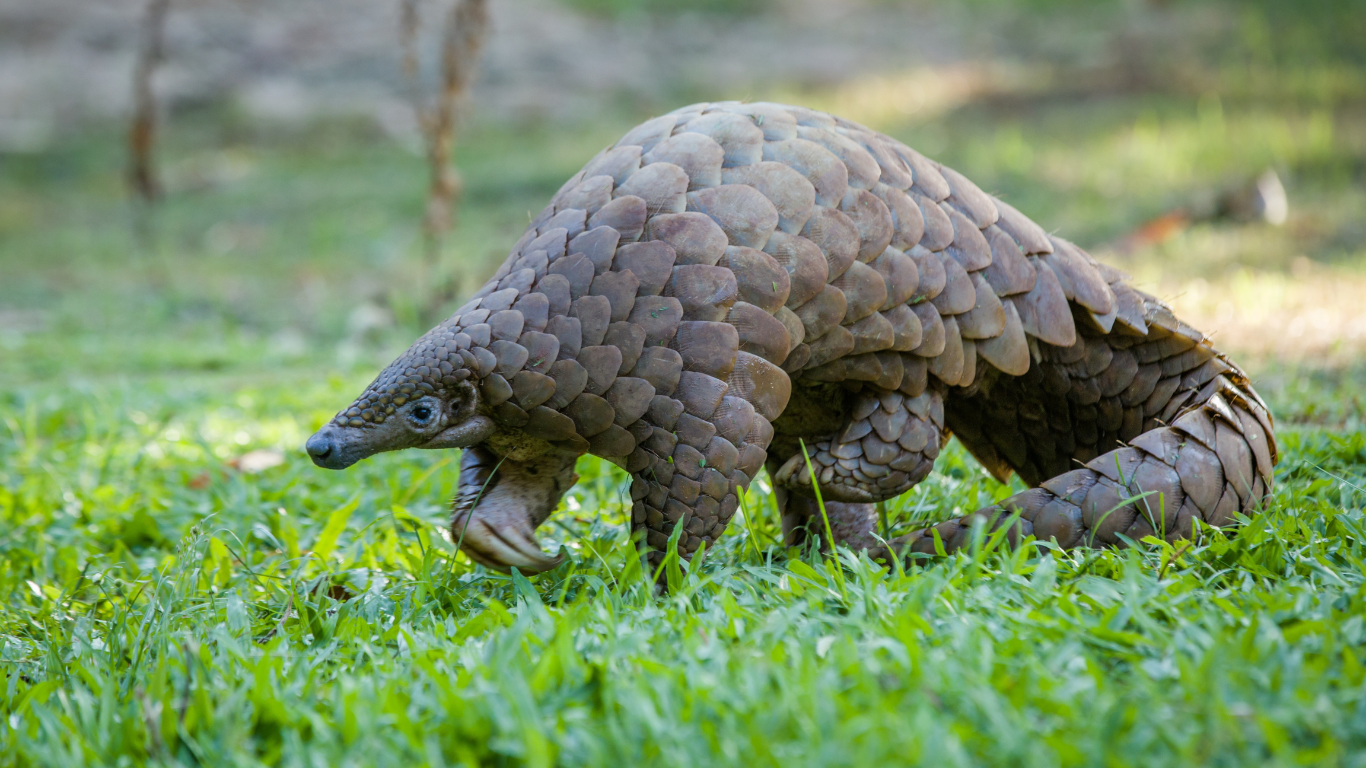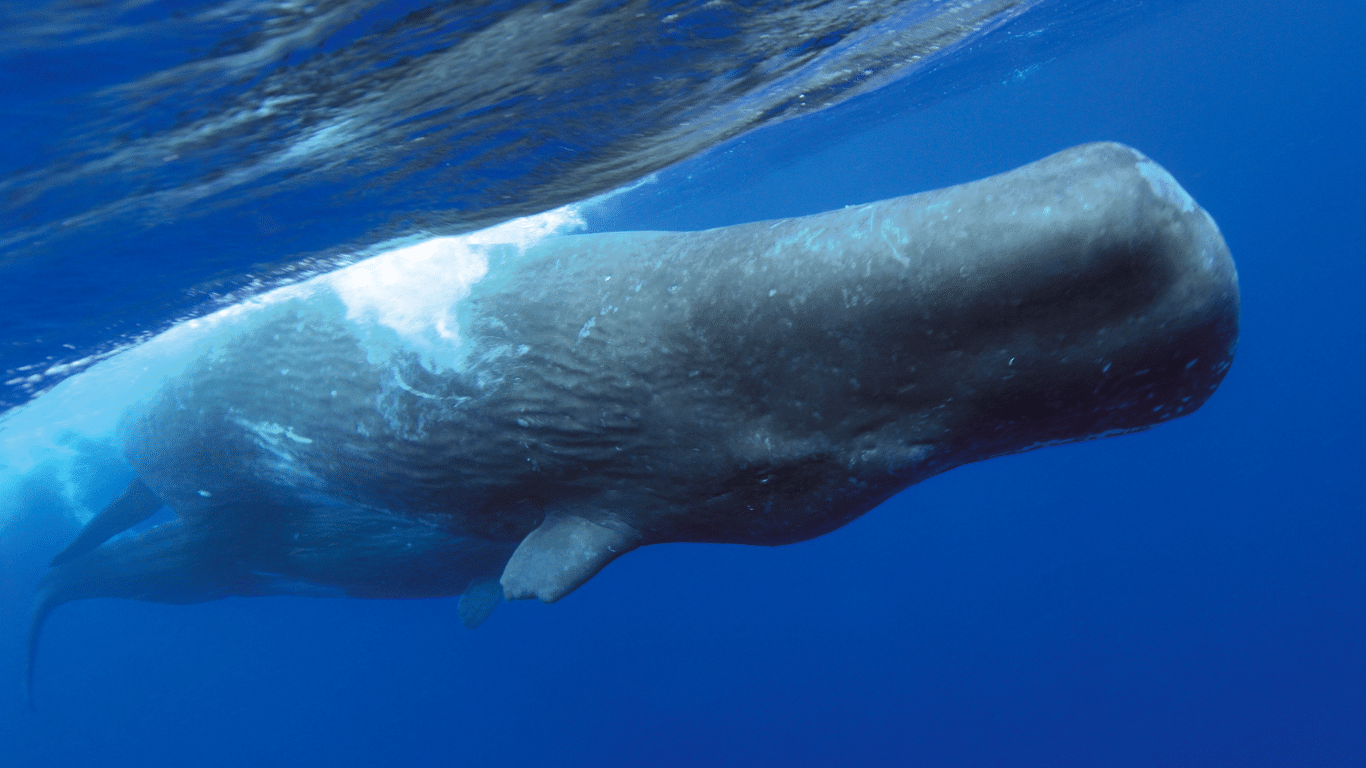A report released this week by Save the Rhino International reveals that some modern rhino horn is being carved and traded as “antique artefacts”, leading to calls from conservationists for the government of the United Kingdom to introduce a ban on all sales of rhino horn.
The report found that that 89% of items purportedly crafted from “antique” rhino horn and offered for sale in the UK last year had no proof of age or origin. This means there are loopholes in the law that make it possible for criminals to launder rhino horn in the UK, which in turn contributes towards the illegal poaching of rhinos across Africa and Asia.
Africa’s white and black rhinos are under extreme threat from poachers who kill them for their horns. Rhino horn is used as an ingredient in traditional medicines, particularly in Viet Nam but also in other parts of Asia, most notably China.
According to Save the Rhino, it is illegal in the UK to sell rhino horn that dates from after 1947, was carved after 1947 or is uncarved, unless the horn is attached to a fully preserved hunting trophy. But, without testing it is impossible to determine the pedigree of rhino artefacts like dagger handles, vases and elaborately carved figures.
Their research showed that of the 300 individual items crafted from rhino horn that were offered for sale in the UK during 2017, a number of items were suspicious; either the carving was of poor quality, or the item was not fit for purpose. This suggests that the UK antiques trade is being used to launder modern rhino horn, enabling it to be cheaply trafficked to Vietnam and China.
Save the Rhino International has pointed to the fact that the UK recently introduced a ban on ivory sales, making it illegal to trade in ivory ornaments and trinkets, no matter their age or origin. The objective of the ban is to ensure there is no value for modern day ivory and that the tusks of recently poached elephants will not be laundered through the UK. Because the conservation issues pertaining to elephants and rhinos are very similar, Save the Rhino International has called on the UK government to examine the trade in antiques and implement tighter controls.
“Sophisticated criminal networks use every way possible to traffic illegal rhino horn to consumer countries, often routing it through countries in the European Union,” says the organisation. “With all five species of rhino facing extinction in the wild, immediate action must be taken to stop the flow of illegal rhino horn into the UK – and global – market.

